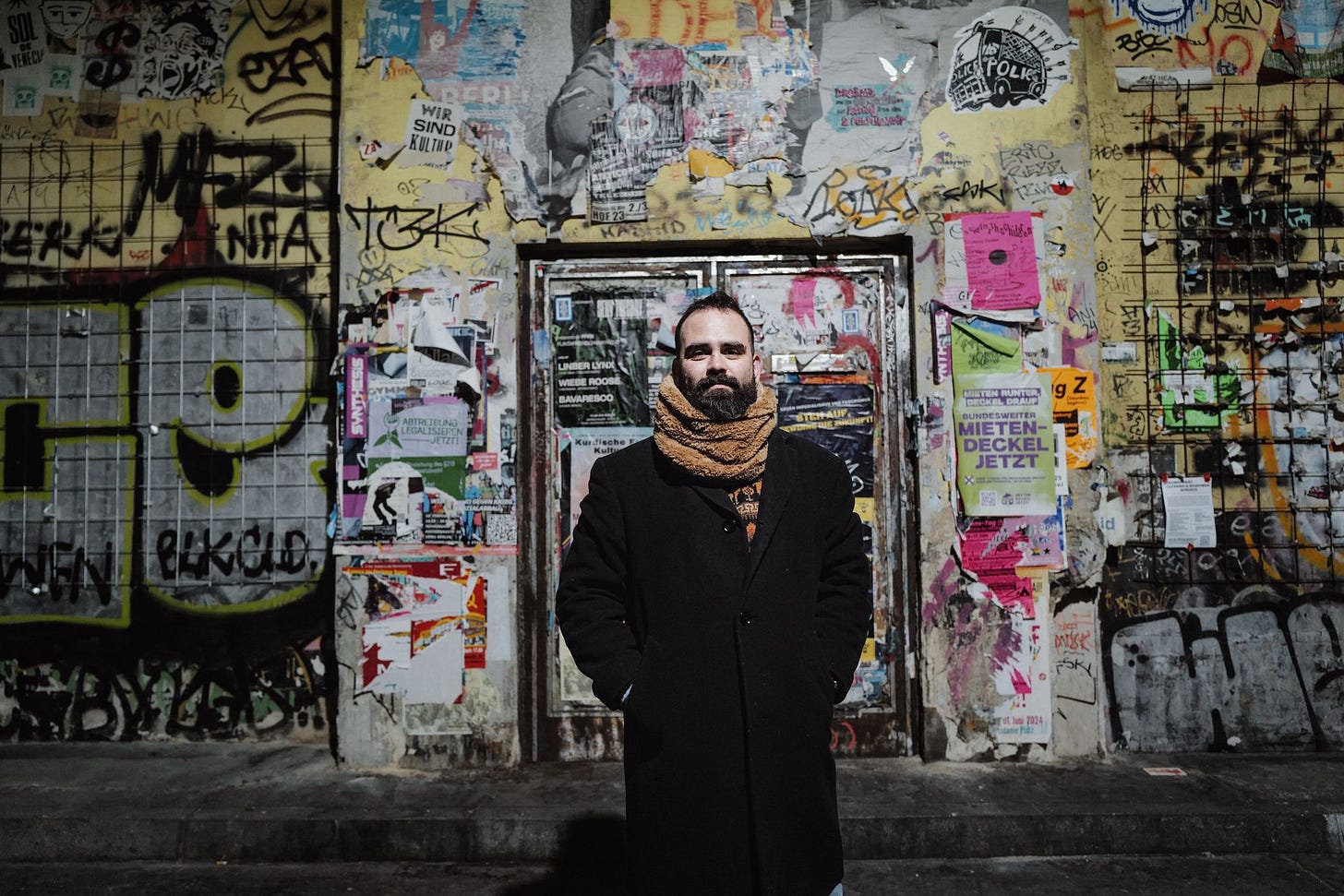David Amado’s Theatre of Resistance
The iconoclastic playwright is shaking up Paraguay’s artistic scene.

Lee esta nota en español.
In June 2024, visitors to a small, single-storey home in downtown Asunción were met with an unusual performance: twerking, fire-breathing, pa…
Keep reading with a 7-day free trial
Subscribe to The Paraguay Post to keep reading this post and get 7 days of free access to the full post archives.



